
China Prioritizes Regime Security Amid Economic Slowdown
As the annual session of the National People’s Congress (NPC) convened in Beijing on Wednesday, global attention focused on potential policy measures to revive China’s struggling economy. However, the proceedings underscored that the ruling Communist Party’s primary concern remains regime security, sidelining immediate economic recovery efforts.
Despite mounting economic challenges, the Xi Jinping administration has reaffirmed its commitment to safeguarding national political stability and consolidating power. This priority was highlighted during a Politburo group study session on February 28, where President Xi emphasized the protection of “national political security” and “national regime security.” The inclusion of the term “national” signals China’s growing sensitivity to external pressures amid escalating geopolitical tensions, particularly with the United States.
The Ministry of State Security reinforced this message, releasing a commentary on March 5 that underscored the significance of maintaining social stability and thwarting internal and external threats to the regime.
China’s economy continues to grapple with the fallout from years of policy missteps and an ongoing real estate crisis. Local governments, heavily reliant on land sales for revenue, saw their income from land-use rights sales plummet by 16% in 2024. With no immediate recovery in sight, the Xi administration is implementing stopgap measures to prevent further deterioration while adopting a wait-and-see approach for broader economic revitalization.
Premier Li Qiang announced a growth target of approximately 5% for 2025 in his government work report to the NPC—unchanged from the previous year. However, skepticism abounds regarding the reliability of China’s official growth statistics, with many analysts and business leaders suggesting that figures are artificially inflated to project a stronger economic outlook.
Compounding China’s economic woes is the intensifying trade conflict with the United States. In February, U.S. President Donald Trump imposed an additional 10% tariff on all Chinese imports, doubling the levy implemented earlier that month. Beijing swiftly retaliated by announcing tariffs of up to 15% on key U.S. agricultural products, effective from March 10.
If the trade dispute escalates further, China’s economic recovery could be significantly delayed, exacerbating the downturn.
The Politburo’s renewed focus on regime security coincides with a series of violent incidents involving foreign nationals, including Japanese citizens, which have heightened concerns about social unrest. Recent knife attacks and the detention of Japanese business personnel have further strained China-Japan relations, prompting Japanese Prime Minister Shigeru Ishiba to call for the early release of detained citizens during talks with Xi in November 2024.
Moreover, China’s expanded anti-espionage laws have contributed to a climate of fear among foreign businesses, accelerating capital outflows and discouraging new investment.
The comprehensive national security concept, first introduced by Xi in 2014, remains central to his consolidation of power. By framing political stability as paramount, the administration is fortifying its grip on both the economy and society, paving the way for Xi’s anticipated extended rule beyond the Communist Party’s 21st national congress in 2027.
While the Chinese leadership’s prioritization of regime security over economic reform may bolster political control in the short term, the prolonged economic slump and rising discontent pose significant risks to the country’s long-term stability and growth.
Input From Agency
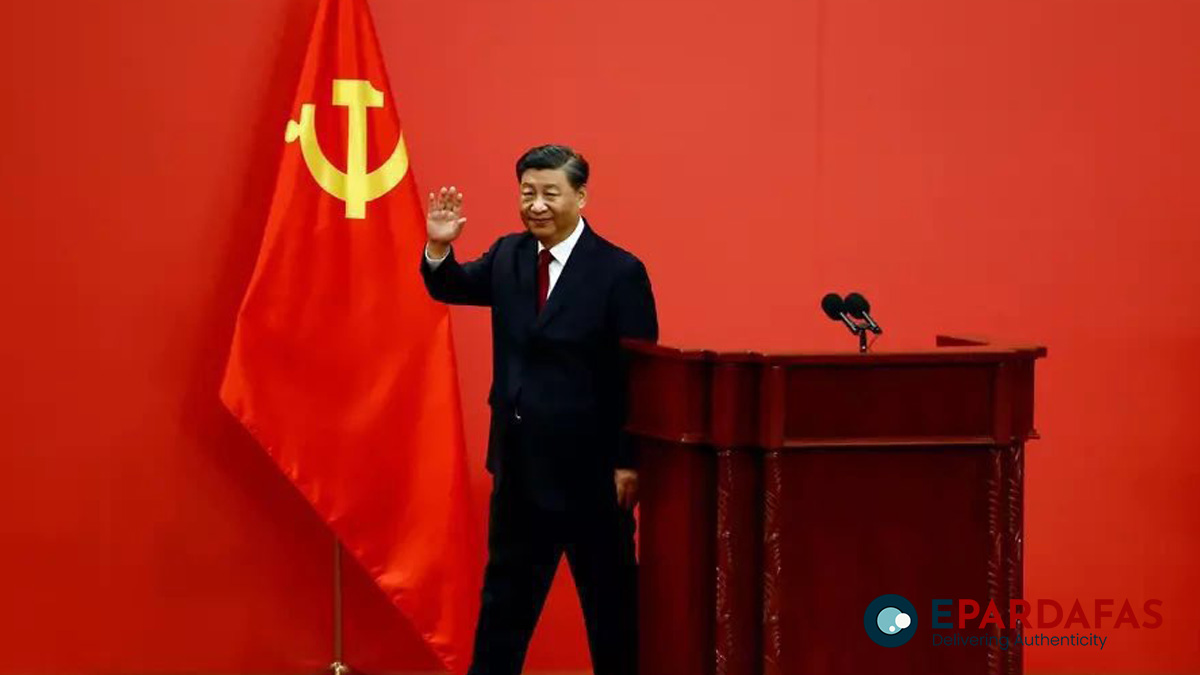
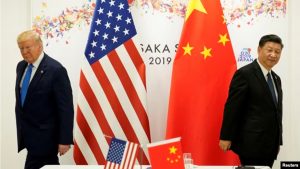

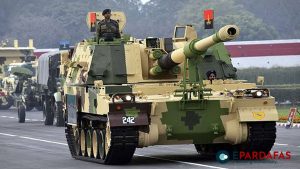


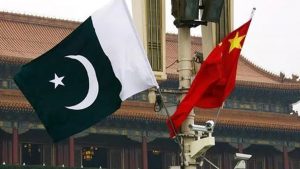



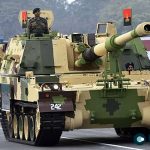

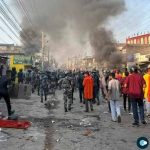
Comments